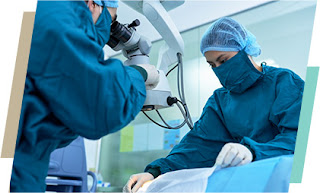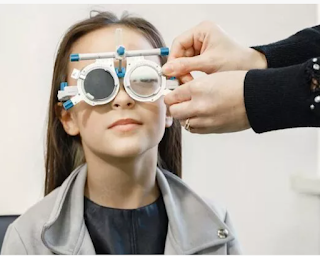Things To Know Before Scheduling Your Cataract Surgery
Vision impairment can adversely affect the ability to perform daily life activities. However, the good news is that it can be treated in most cases. Whether an impairment is caused by age or accident, most eye problems can be corrected with surgery. Unfortunately, many ophthalmologists in New Jersey see cases of people with blurred, cloudy, or foggy vision. This is usually caused by cataracts. The most common way of rectifying such vision loss is through cataract surgery.
What is Cataract Surgery?
Cataract surgery remedies eye problems caused by protein build-up over the years referred to as cataracts. During cataract surgery, an eye surgeon makes an incision in the eye and breaks down the buildup of cataracts by laser. The damaged lens is then replaced with an artificial lens (intraocular lens, or IOL) to restore clear vision. Cataract surgery is usually required for senior citizens who have suffered significant vision loss or blurry vision due to aged eye muscles.
What to expect during the surgery?
Eye surgeries have become quite advanced and are performed routinely without the need for the patients to stay overnight. However, they need to avoid certain daily activities as precautions during the aftercare, as the eyes can take up to 4 to 10 weeks to heal completely.
As mentioned before, cataract surgery involves an incision made in the eye. Patients can choose multiple lens options by consulting with their surgeon according to their eye health and budget. In addition, cataract surgery is a relatively simple procedure and can be done with local anaesthesia while the patient being awake. However, the recovery period is quite delicate, so proper protocol must be followed to avoid any complications for infections.
How much does Cataract Surgery costs?
Since cataract surgery can be a medical necessity for aged patients, the chances are high that insurance will cover it. Apart from this, if you choose to pay for the surgery yourself, it can cost you anywhere up to $2500.
However, if you do not have insurance and cannot cover the costs yourself, you can seek Medicare or Medicaid assistance to get cataract surgery done if it is a medical necessity.
We hope some of your doubts regarding cataract surgery and its cost are clarified. If you need further assistance, reach out to our eye care specialist at the New Jersey Eye Center for a comprehensive eye exam.



Comments
Post a Comment